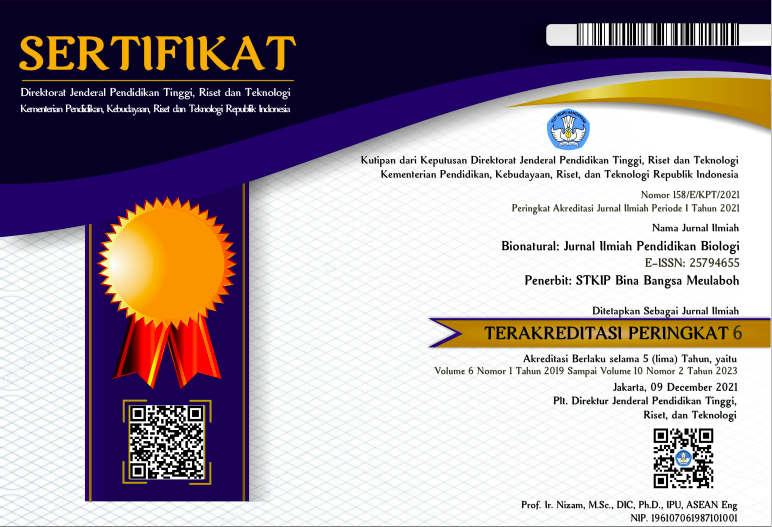EFEKTIVITAS MODEL PROJECT BASED LEARNING (PJBL) TERHADAP HASIL BELAJAR MATEMATIKA KELAS II SD ISLAM AL MADINA SEMARANG
Abstract
This study aims to prove the effectiveness of the Project-Based Learning (PjBL) model on the
mathematics learning outcomes of second-grade students at Al Madina Islamic Elementary School
in Semarang. This research is a quantitative study with a Pre-Experimental Design of the OneGroup Pretest-Posttest Design type. The population used in this study consisted of all second-grade
students at Al Madina Islamic Elementary School in Semarang, totaling 32 students in the academic
year 2023/2024. Data analysis in this study used normality tests, t-test, and n-gain test assisted by
SPSS version 26. The normality test was obtained based on the pretest value of 0.115 > 0.05.
Meanwhile, the posttest value results showed that 0.061 > 0.05. From the data of the normality test
results, it can be concluded that the pretest and posttest values are normally distributed. The t-test
was obtained based on the sig (2-tailed) value of 0.000, so 0.000 < 0.05, thus it can be concluded
that there is a significant difference between students' mathematics learning outcomes before and
after the implementation of the Project-Based Learning (PjBL) model in the pretest and posttest
results. The 2-tailed sig value of 0.000 < 0.05, then HO is rejected and Ha is accepted. The n-gain test
was obtained from the pretest results of 63.9 to 84.5, while in the posttest results, the average
difference was 20.6 and experienced an average increase (n-gain) of 0.57, which is classified as
moderately effective. Thus, it can be concluded that the Project-Based Learning (PjBL) model is
effective in improving the mathematics learning outcomes of second-grade students in elementary
school.





